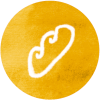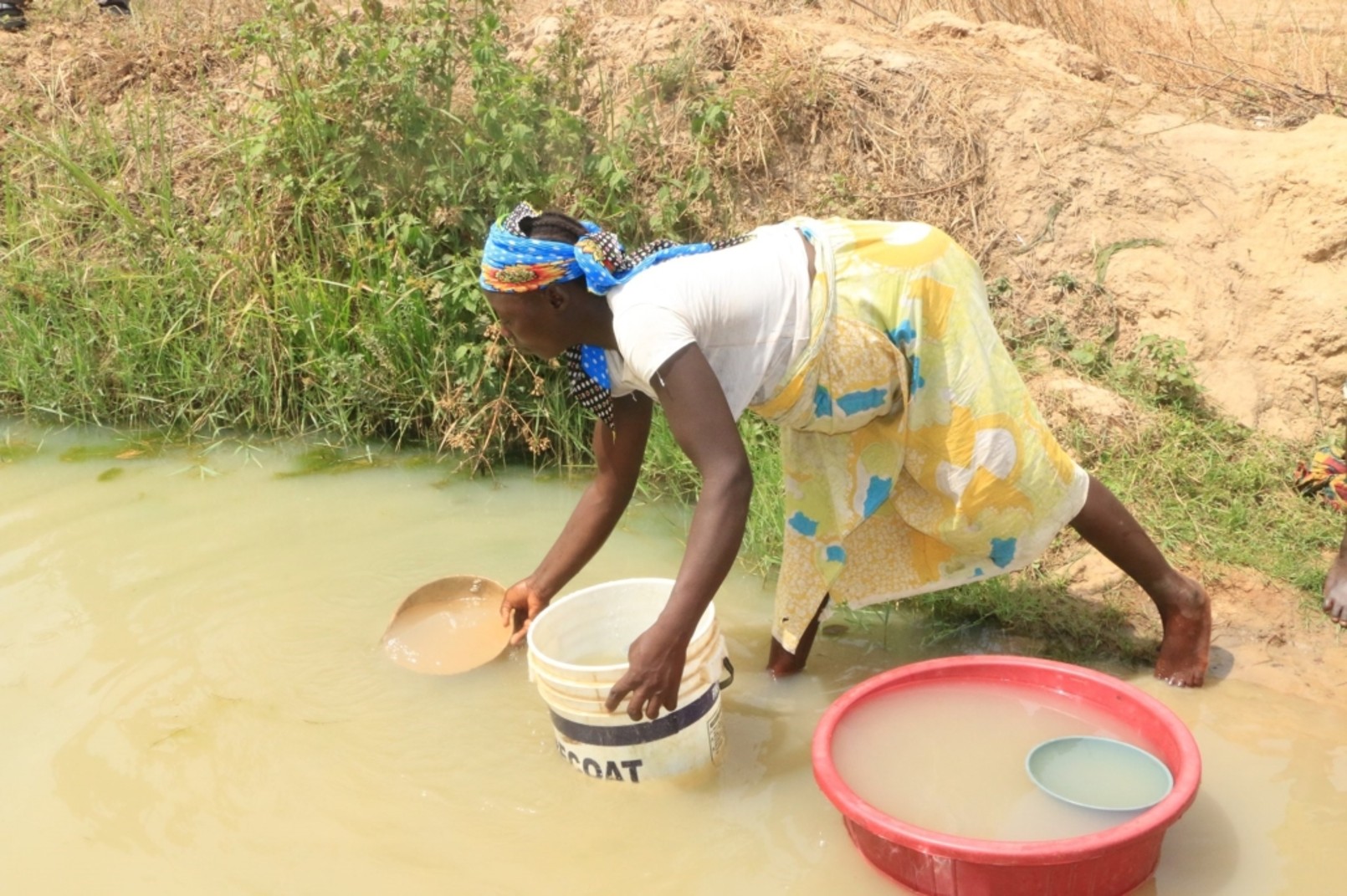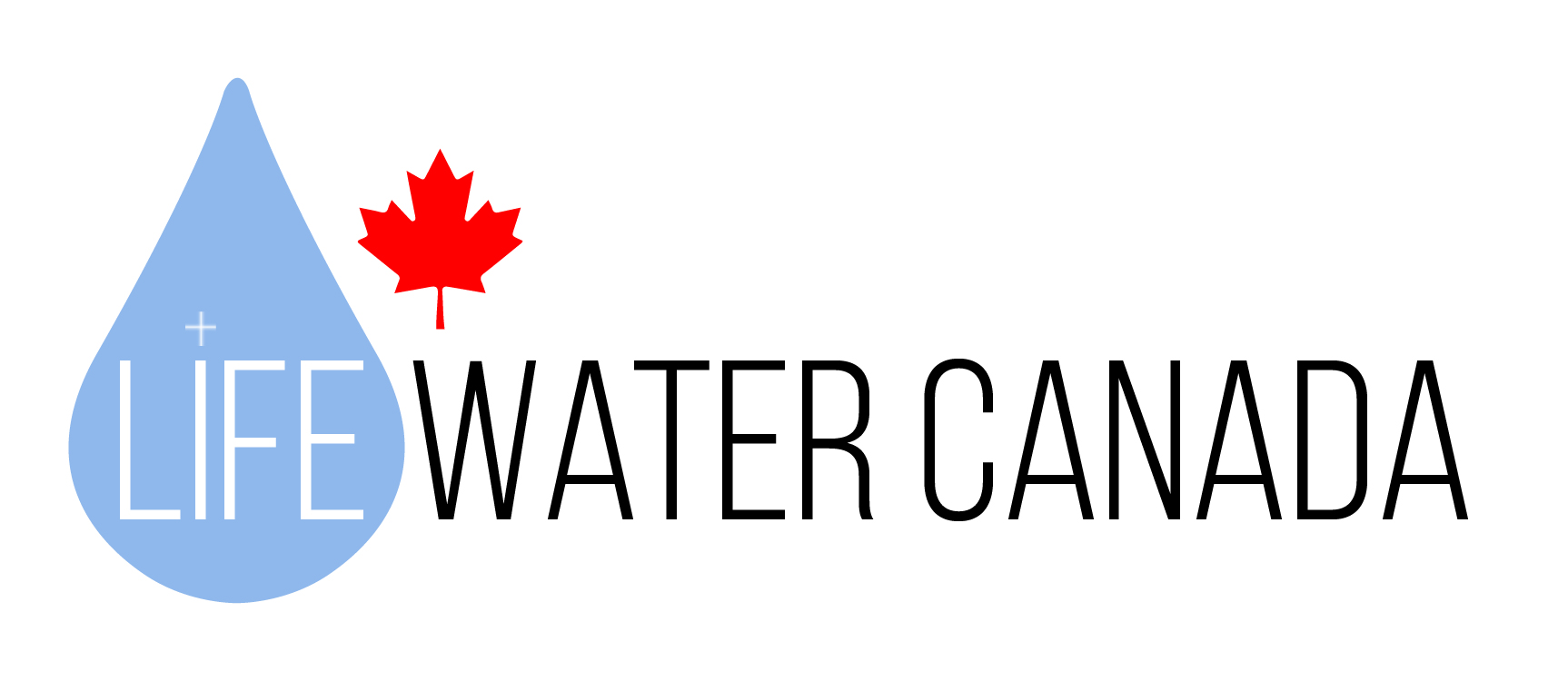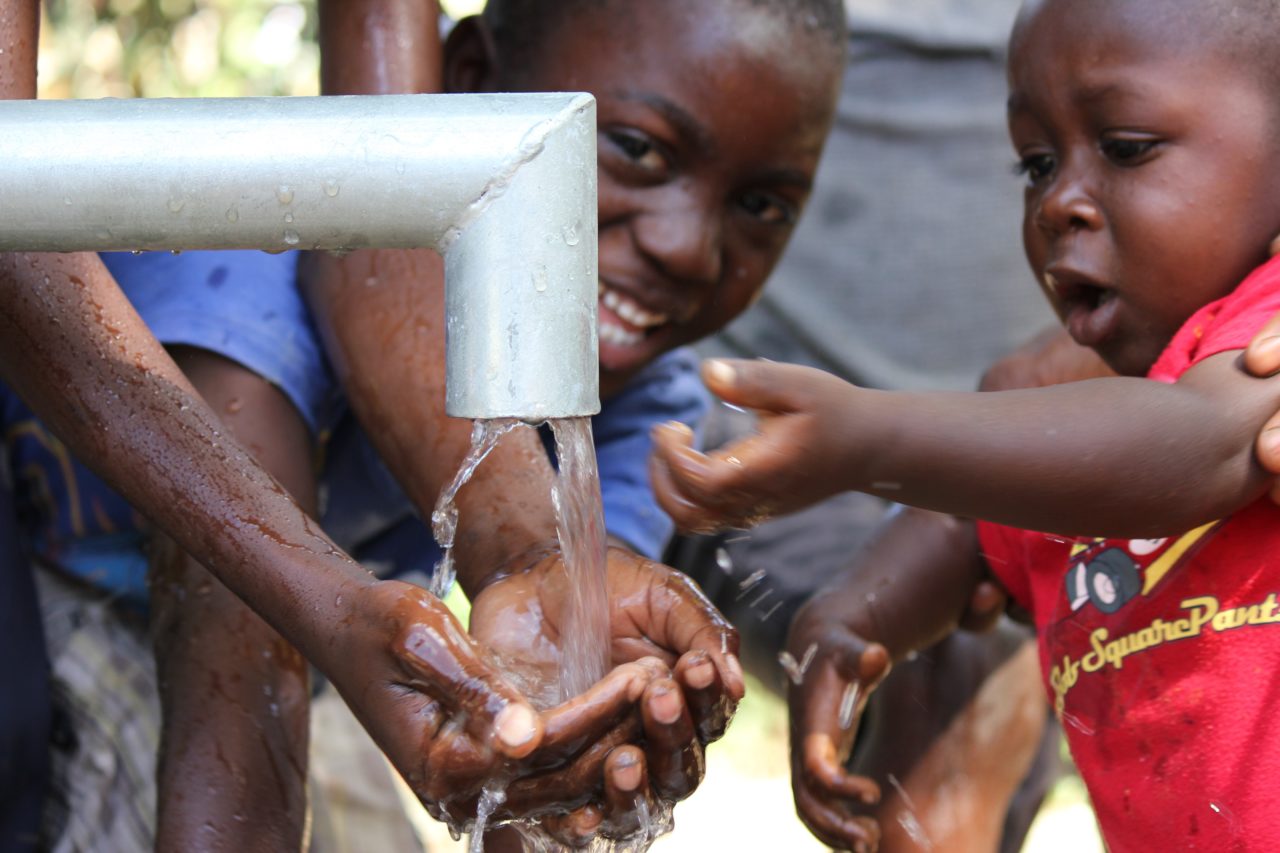 SAFE, ACCESSIBLE DRINKING WATER IN AFRICA
SAFE, ACCESSIBLE DRINKING WATER IN AFRICA
New wells for children and their families
Kurkai is a town like many others in Liberia, where the only safe drinking water hasn't been from a kitchen or bathroom tap like it would be in Canada. It's been from a well several hours’ walk away. The round-trip takes so long that many people rely instead on a nearby river. Then they often pay a painful price – severe stomach cramps and diarrhea. “The outbreak of water-borne diseases is frequent and has claimed the lives of many children below the age of five,” said a report from our team in Liberia. Lifewater responded by drilling a well to provide safe water to everyone in Kurkai. Now, families are much healthier, and no one is dying from bad water. Healthy children are going to school regularly and healthy adults are working and caring for their kids. In this way, the well is improving Kurkai’s physical health but also its economic and social health. Sadly, many other Liberian towns are still waiting for their own wells -- and drinking potentially deadly water while they wait.
Necessity
Wells are needed in Liberia to provide safe, accessible water to children and families trying to survive on dirty water, and risking diarrheal disease.
Activity
Lifewater Canada drills wells and trains local people to care for them so villages have safe accessible water, plus health and hygiene training.
Countable effort
Every donation will provide safe water -- and a much healthier life -- to a child or adult for nine months.
Result
About 435 people in Liberia will have convenient, daily access to safe water, thanks to the newly drilled well.
Systemic effect
When children no longer have diarrheal diseases, they can go to school regularly. Similarly, parents can work regularly. The whole community benefits.
Background
The Good Deed addresses the desperate need for safe, accessible water in Liberia. About 1.6 million people die each year in the developing world from diarrheal diseases (typhoid, dysentery, etc.) caused by unsafe water and inadequate sanitation (Our World in Data). That means 4,384 deaths every day, 182 every hour, three every minute, and one every 20 seconds. More than half (801,000) of those deaths are among children aged five and younger (Centre for Disease Control). In Liberia, where back-to-back civil wars (1989-97 and 1999-2003) decimated the health care system, diarrheal diseases are the fourth most common cause of death (World Life Expectancy). For every 1,000 children born in Liberia, 85 die before reaching age 5 -- many of them due to diarrheal diseases (World Bank). That is a child death rate 17 times higher than in Canada. The Centre for Disease Control says: “Diarrhea prevention focused on safe water and improved hygiene and sanitation is not only possible but cost effective: every $1 invested yields an average return of $25.50 in health care savings and improved economic activity. Lifewater Canada provides safe, accessible water in Liberia by drilling new wells, rehabilitating broken-down wells, building community toilets and hand-washing stations, and providing health and hygiene training.
The good deed
Today’s donation to Lifewater Canada will therefore provide safe accessible water to one child or adult in Liberia for nine months. How do we calculate that? Lifewater provides safe, accessible water by drilling water wells. Each well in Liberia normally costs $5,200 CDN, and lasts at least 12 years before a major overhaul or rehabilitation is necessary. That means each well costs an average $433 per year. Each well typically meets the needs of about 435 people each year, so the $433 invested each year will benefit about the same number of people -- or $1 per person each year. The money donated to Lifewater through The Good Deed will be invested in a well to provide another Liberian community with safe, accessible water so children and their families no longer need to rely on contaminated rivers and ponds, and risk contracting potentially deadly diarrheal diseases. We will drill the well in partnership with the local community, including training local people to maintain it.

About LIBERIA
Capital of Liberia
Monrovia
Population
5,058,000
(2020)
Per Capita GDP
583.27 US$
(2020)
HDI
0.480
Rank 175
‘Liberia’ is actually Latin and translates to ‘Land of the Free’. The flag of Liberia is similar to that of the United States. The main difference is that the Liberian flag has one large white star instead of 50 small ones, and instead of 13 stripes like the American flag the Liberian flag also has 11 stripes. Liberia is a heaven for surfers. The beaches here have built a name as one of the best surf sights in Africa. Some beaches have golden untouched sands, clear waters and perfectly formed waves.
About the organization and further information

Lifewater Canada
Website
Further information and source
- • Bernadeta Dadonaite, Hannah Ritchie and Max Roser, November 2019, "Diarrheal Diseases", Our World in Data
- • "Global WASH Fast Facts", Centers for Disease Control and Prevention
- • "World Health Rankings - Live Longer, Live Better," World Life Expectancy
- • "Mortality rate, under-5 (per 1,000 live births) - Liberia," World Bank
- • "Global Diarrhea Burden," Centers for Disease Control and Prevention




